Russia, China begin drawing up ambitious plans for space missions
Russia and China have teamed up for ambitious space missions that would directly compete with those of the United States and its allies.
The two countries have joined forces for a robotic mission to an asteroid in 2024 and coordinated a series of lunar missions intended to build a permanent research base on the south pole of the moon by 2030, The New York Times reported Saturday.
In the first of such missions, a Russian spacecraft, dubbed Luna, is scheduled to be launched by next October, aiming to “locate ice that could provide water to future human visits,” according to the report.
“China has an ambitious program, has resources to match it and it has a plan,” said Alexander Gabuev, a senior fellow at the Carnegie Moscow Center, emphasizing that Russia, by contrast, “needs a partner.”
According to the daily, China and Russia have developed a close partnership under their current leaders, Xi Jinping and Vladimir Putin, “smoothing decades of mistrust between the countries and creating a potent, though unofficial, alliance against what they perceive as the hegemonic behavior of the United States.”
“Space has become a natural extension of the two countries’ warming ties, given increasingly fraught relations with the United States,” it said, adding that Moscow has already signaled that it may pull out of the International Space Station once the current accord with its partners expires in 2024.
Moscow has mentioned various reasons for the move, the report noted, citing “politics” as a key factor. It also pointed to the remarks of the director of Russia’s space agency, Dmitri Rogozin, that his country would quit the partnership if the US maintained sanctions that have impacted Russia’s space program.
China, which sent its first astronauts into space in 2003, was never invited to join the International Space Station. A 2011 legislation adopted by the US Congress barred NASA from virtually any cooperation with the Chinese space administration or any related companies, citing the risk of espionage.
Beijing, meanwhile, insists that it has made a virtue of necessity, developing its own space capabilities, though it also bought equipment from the Russians to help build two temporary space stations in 2011 and 2016.
Its third, called Tiangong, or “Heavenly Palace,” is designed to be completed next year after 11 launches. It is designed to orbit the Earth for at least a decade after that.
“The long-term foreign blockade forced our independent innovation,” said one of Tiangong’s designers, Yang Hong, in an interview last month with China’s state television network. “We must have our own. We cannot always run behind others.”
China -- a relative latecomer to space exploration -- has soared to the top ranks of space powers with missions that include landing and deploying a robotic rover on Mars last month.
Additionally, China launched the first modules of a new orbiting space station this spring and could as soon as Thursday send the first three astronauts to occupy it, according to the report which added that the likely demise of the International Space Station in 2024 could soon leave China with the only inhabited outpost orbiting Earth.
China has vowed to open the station to foreign astronauts and experiments, though by design it will be a Chinese-dominated endeavor. Moscow and Beijing, however, have not yet signaled any joint cooperation onboard.
“We are determined to make our space station a shared platform for scientific and technological research to benefit all people around the world,” Hao Chun, director of the China Manned Space Agency, said during an interview cited by state media organizations.
A month after announcing joint work on the lunar station, Russia and China also said in April that they would team up for a 2024 robotic mission to an asteroid called Kamo’oalewa.
The new agreement on the lunar outpost further points to a deepening space collaboration between the two countries, with Russia now relying on China’s ambitious plans to build a base for future space exploration and the extraction of natural resources.
Iran FM: Success of nuclear talks hinges on ‘seriousness’ of US
Pro-military Israeli journalist detained on suspicion of raping child: Reports
Anthropic resists US War Department push for unrestricted AI access
Iran naval unit returns from drill, cmdr. vows to defend borders to ‘last breath’
VIDEO | Press TV's news headlines
Paris silencing pro-Palestine voices
Iran raises alarm at ‘environmental consequences’ of US militarism
Iran: UN Security Council inaction on Israeli crimes ‘catastrophic’


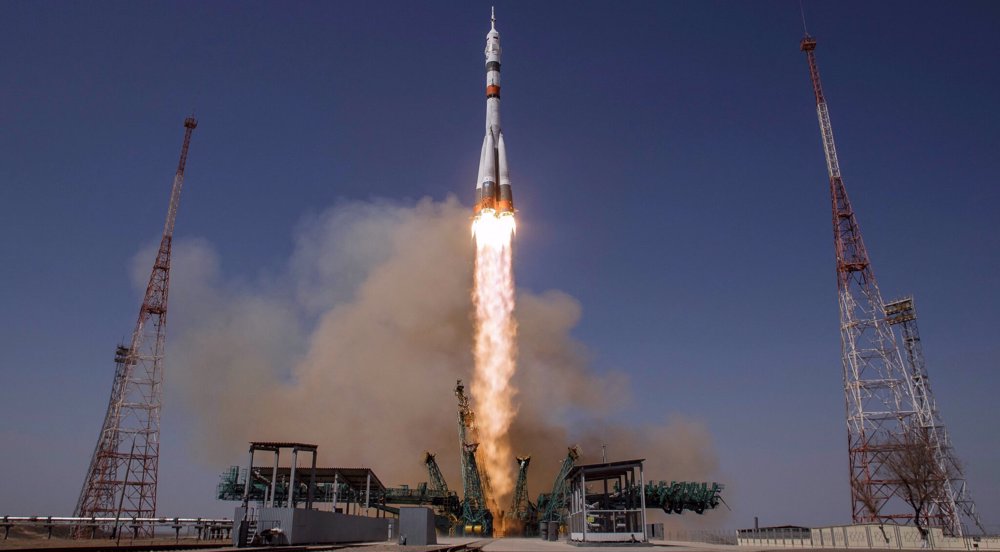


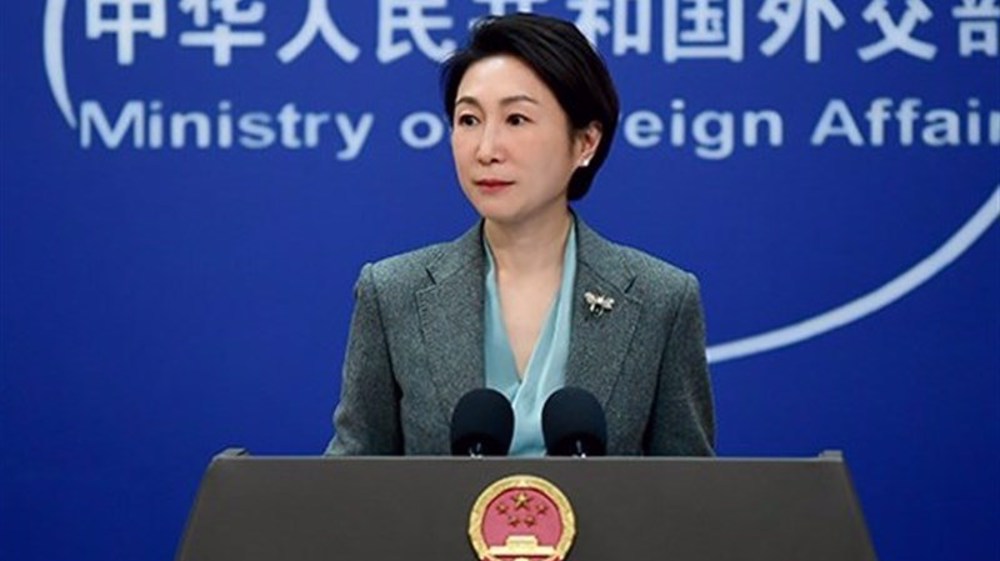

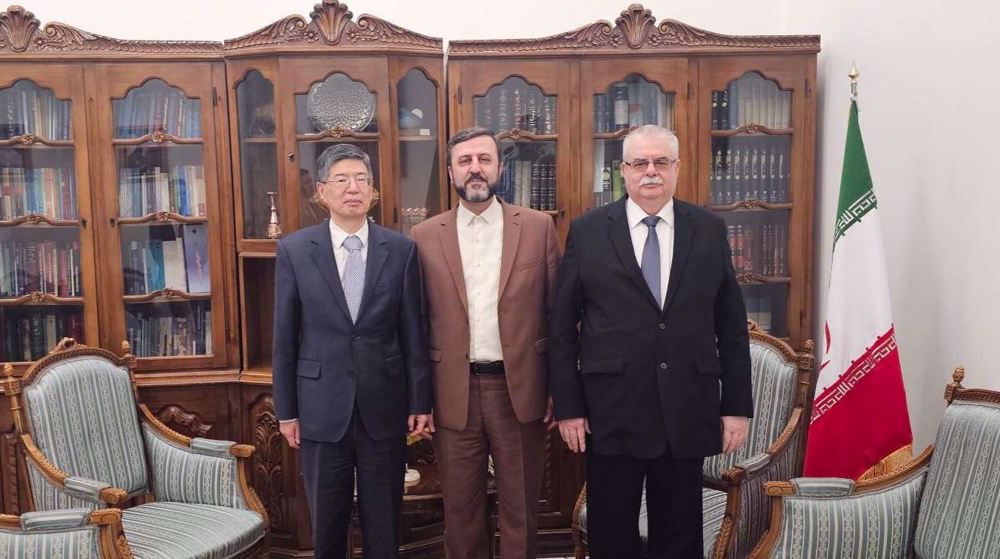




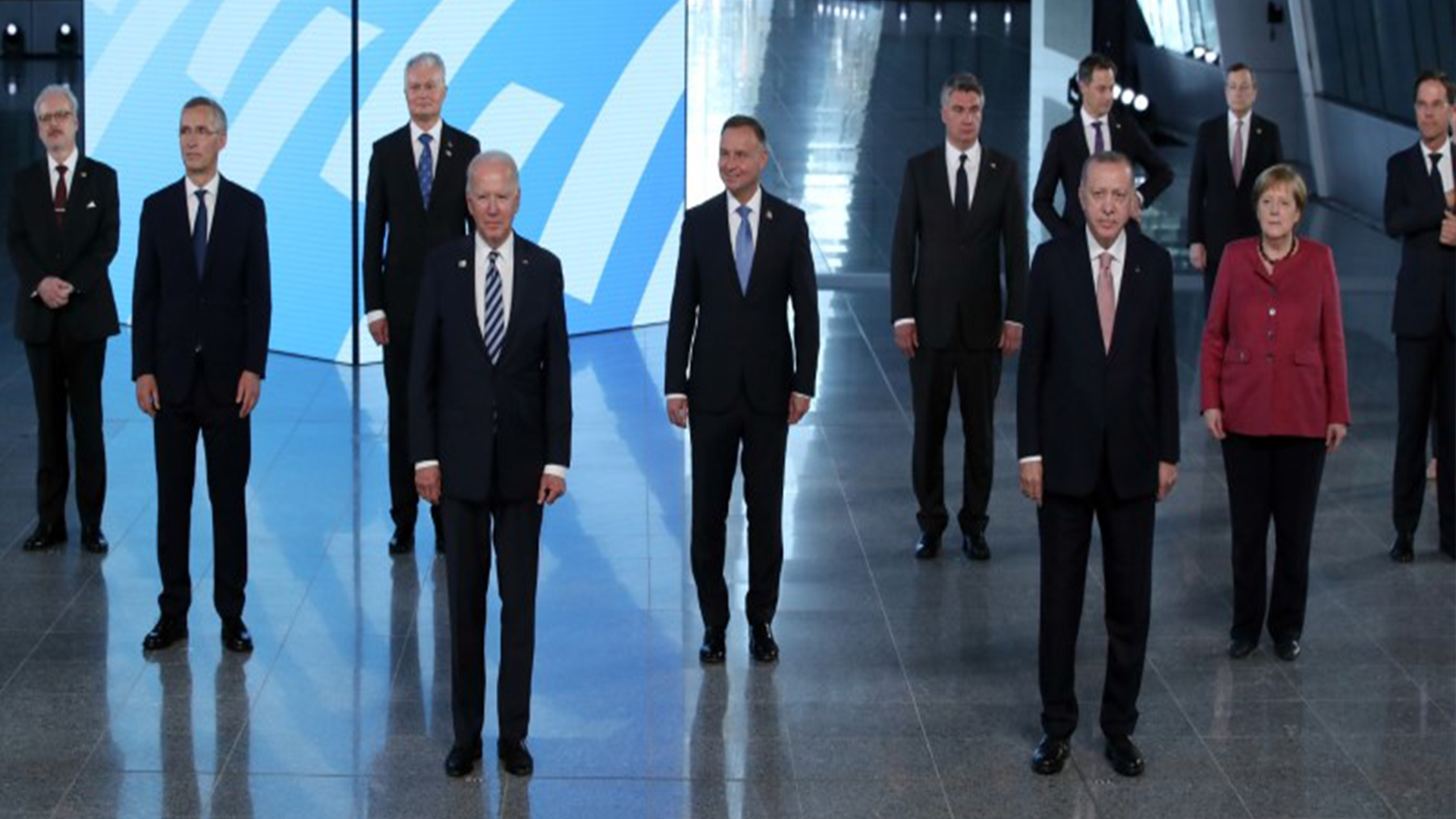
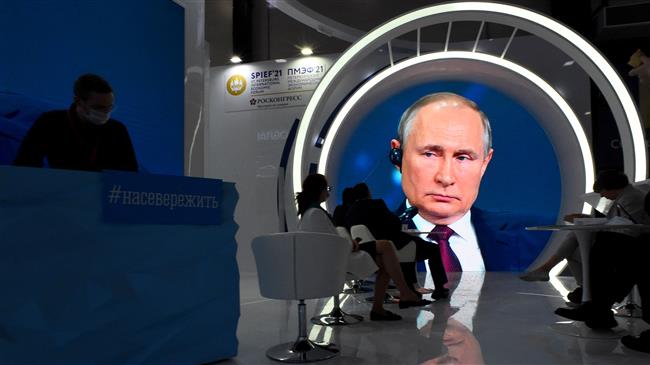

 This makes it easy to access the Press TV website
This makes it easy to access the Press TV website